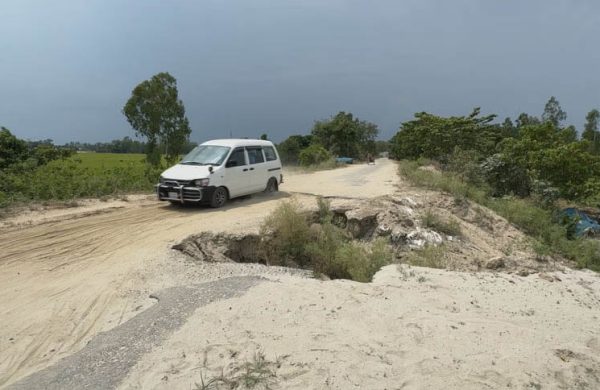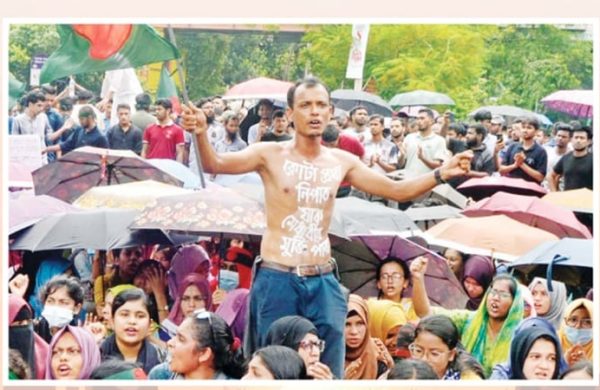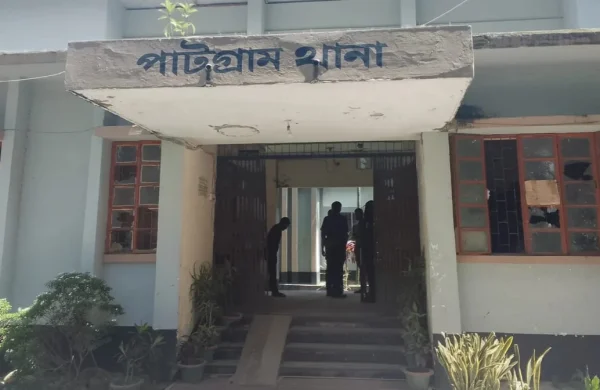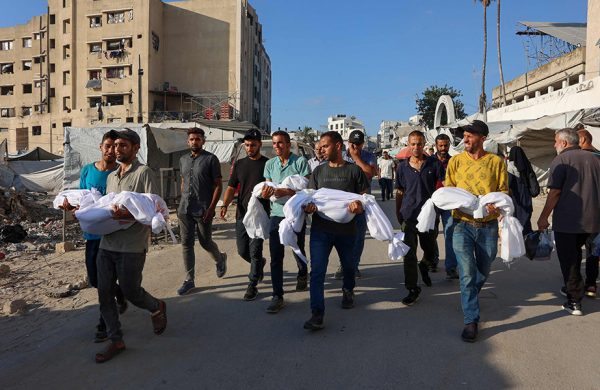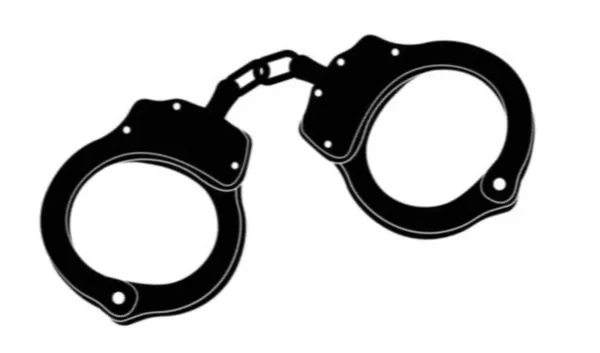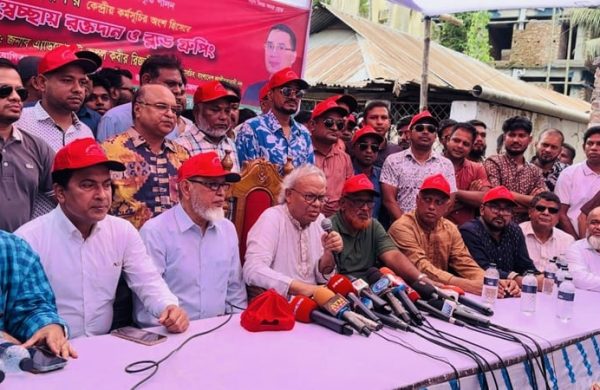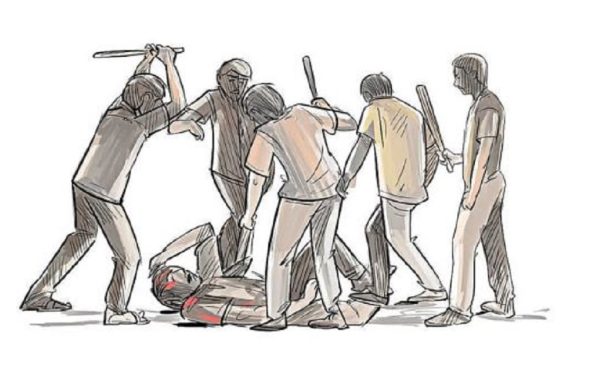Railway seeks Tk2,000cr foreign loans to revive coach assembly, modernise workshops
- Update Time : Thursday, June 12, 2025

Staff Correspondent:
Bangladesh Railway is embarking on a Tk2,000-crore plan to modernise its three existing railway workshops and resume domestic assembly of train coaches, significantly reducing its reliance on imports.
The initiative aims to upgrade the Saidpur Railway Factory in Nilphamari, the Pahartali Carriage and Wagon Factory in Chattogram, and the Parbatipur Locomotive Factory in Dinajpur.
The state-owned organisation is seeking foreign loans to achieve the transformation. The ambitious project envisions doubling the capacity of these factories and equipping them to assemble train coaches, a practice that ceased after Bangladesh’s independence, leading to full import dependency.
Md Afzal Hossain, director general of Bangladesh Railway, “We have requested a project costing Tk2,000 crore for the modernisation of railway factories. The plan is to modernise them sufficiently to assemble coaches domestically. We aim to double the capacity for coach and engine repair and also consider assembling 50 coaches annually. Furthermore, our personnel will be trained. The implementation of these plans is dependent on securing funding.”
Muhammad Fouzul Kabir Khan, adviser to the railways ministry, “An incomplete DPP [development project proposal] was submitted to us, which only covered locomotives. I sent it back, asking for the inclusion of coaches. Our priority is to elevate the capacity of the Pahartali, Saidpur, and Parbatipur workshops to the assembly stage.
“We are also exploring financing options and have informally approached the Asian Development Bank (ADB) and other railway sector financiers.”
FOREIGN DEPENDENCY AFTER INDEPENDENCE
Historically, the Pahartali and Saidpur railway factories, established during the British era, assembled train coaches until the Pakistan era. However, this capability was lost, hindering the development of essential skilled manpower and forcing the railway to rely solely on foreign suppliers.
According to railway officials, the Saidpur and Pahartali factories primarily handle the repair and overhauling of coaches and wagons. The Parbatipur Locomotive Factory, established in 1992, specialises in engine repair and overhauling. The two older factories possess over 1,200 pieces of machinery, more than half of which are expired and largely unusable.
A severe shortage of skilled personnel further aggravates the challenges. The Saidpur factory has an approved technical staff strength of around 2,600, while Pahartali has approximately 2,200. However, permanent staff account for only 30% in both factories, with an additional 10% being temporary employees. This means only 40% of the approved positions are currently filled.
Consequently, the existing capacity of these workshops falls significantly short of demand. The Saidpur factory can repair an average of four units or two coaches daily, while Pahartali manages three units or one and a half coaches per day. Railway officials say each factory needs the capacity to repair at least six coaches daily to meet current demands.
Data from Bangladesh Railway’s Transport and Mechanical Engineering Department shows a pressing need for over 3,000 coaches and approximately 300 locomotives to operate the 93 currently suspended second-class trains. While the railway currently possesses over 2,000 coaches and more than 300 locomotives in total, many are defunct, with over 50% having exceeded their operational lifespan.
In the eastern region, around 800 coaches and 72-76 engines are regularly functional, while in the western region, 700 coaches and 153 engines are operational.
Md Shahidul Islam, chief operating superintendent (east) of Bangladesh Railway, “Modernising the factories is crucial for the development of the railway. Regular repair of coaches and engines will ensure smooth train operations and improve service quality. As more imported coaches join the fleet, our repair capabilities must also be enhanced.”




